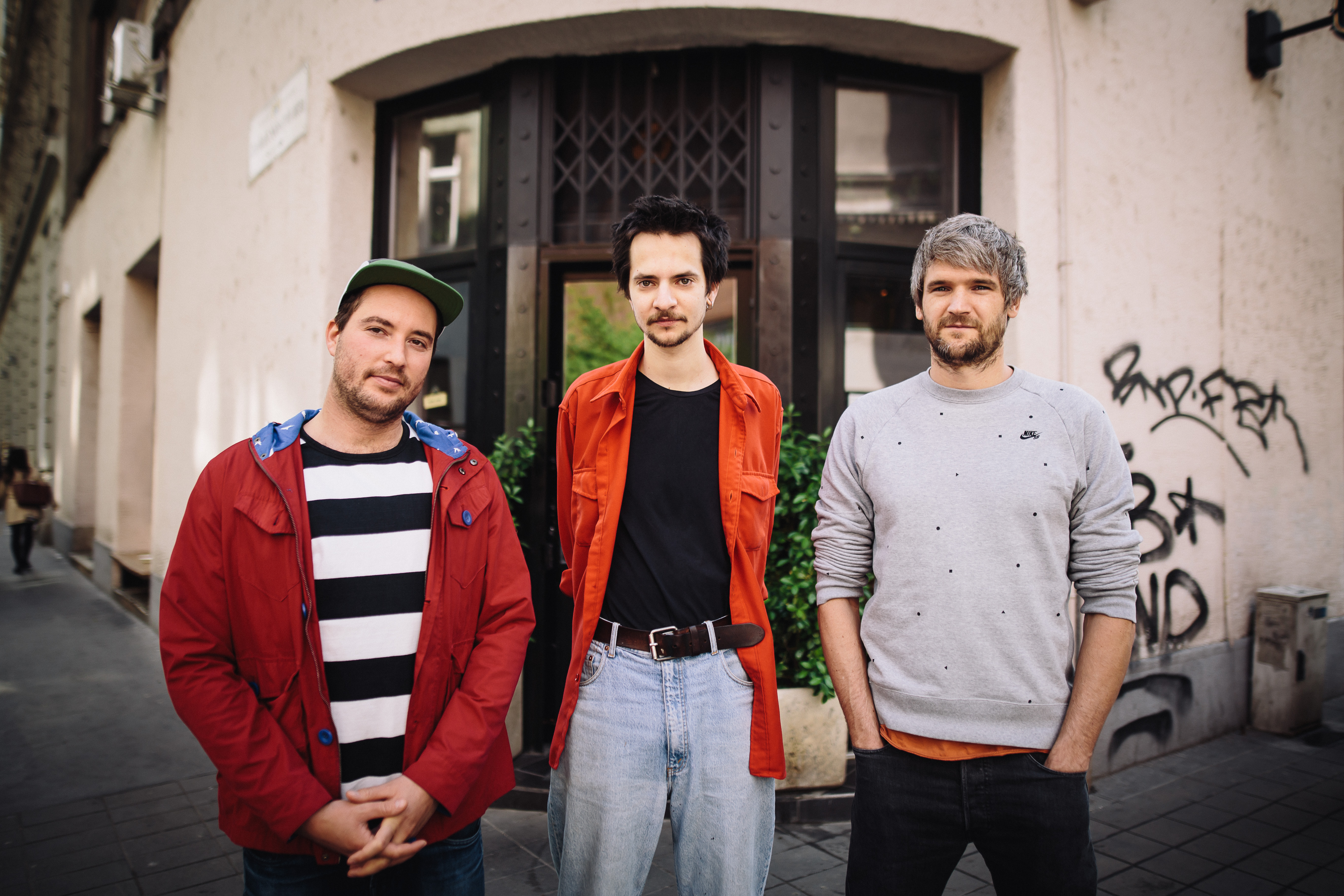We Love Budapest: How did Kolorádó come about?
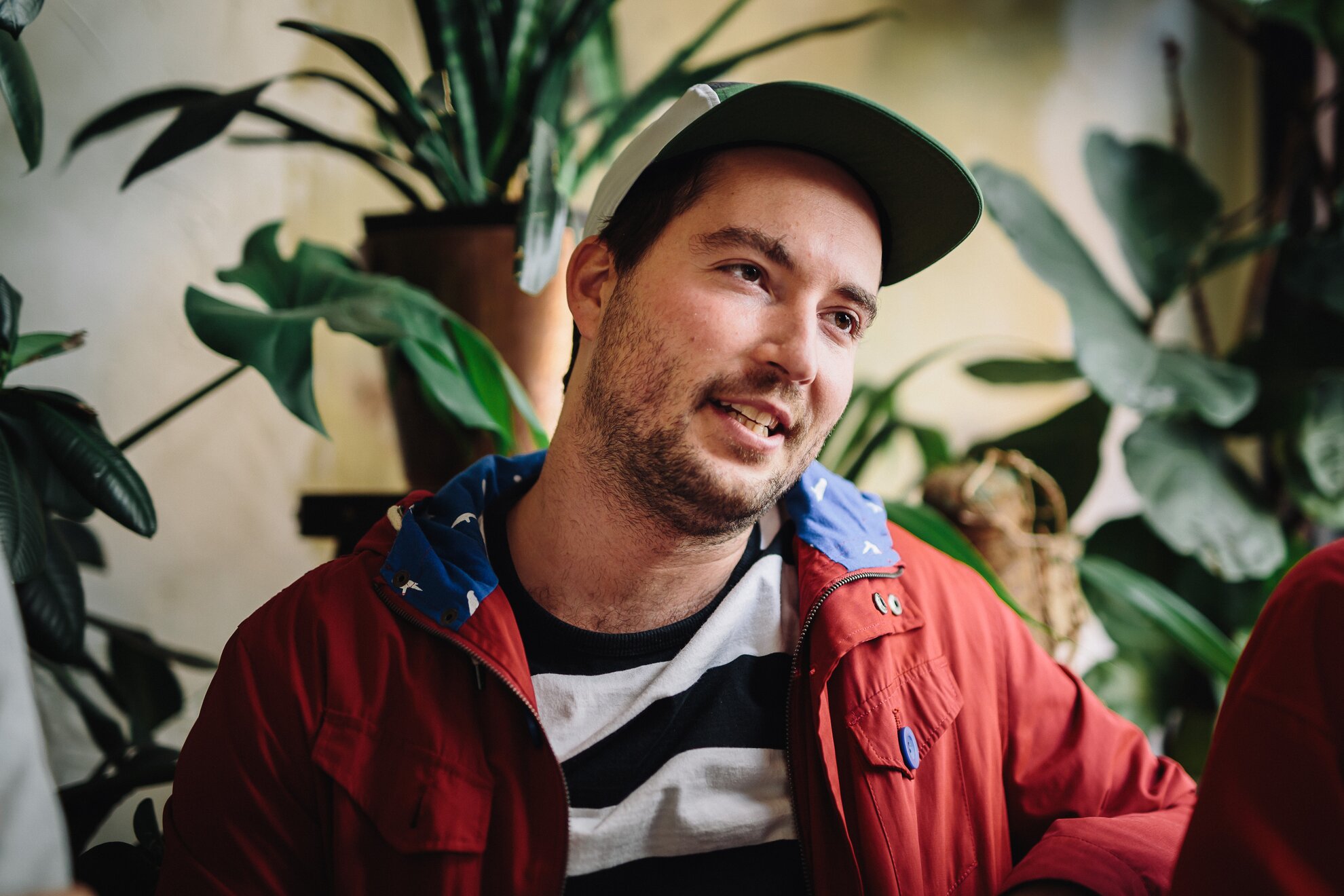
János Benjámin: At the planning stage, we weren’t thinking about a festival, we only imagined a big house party.
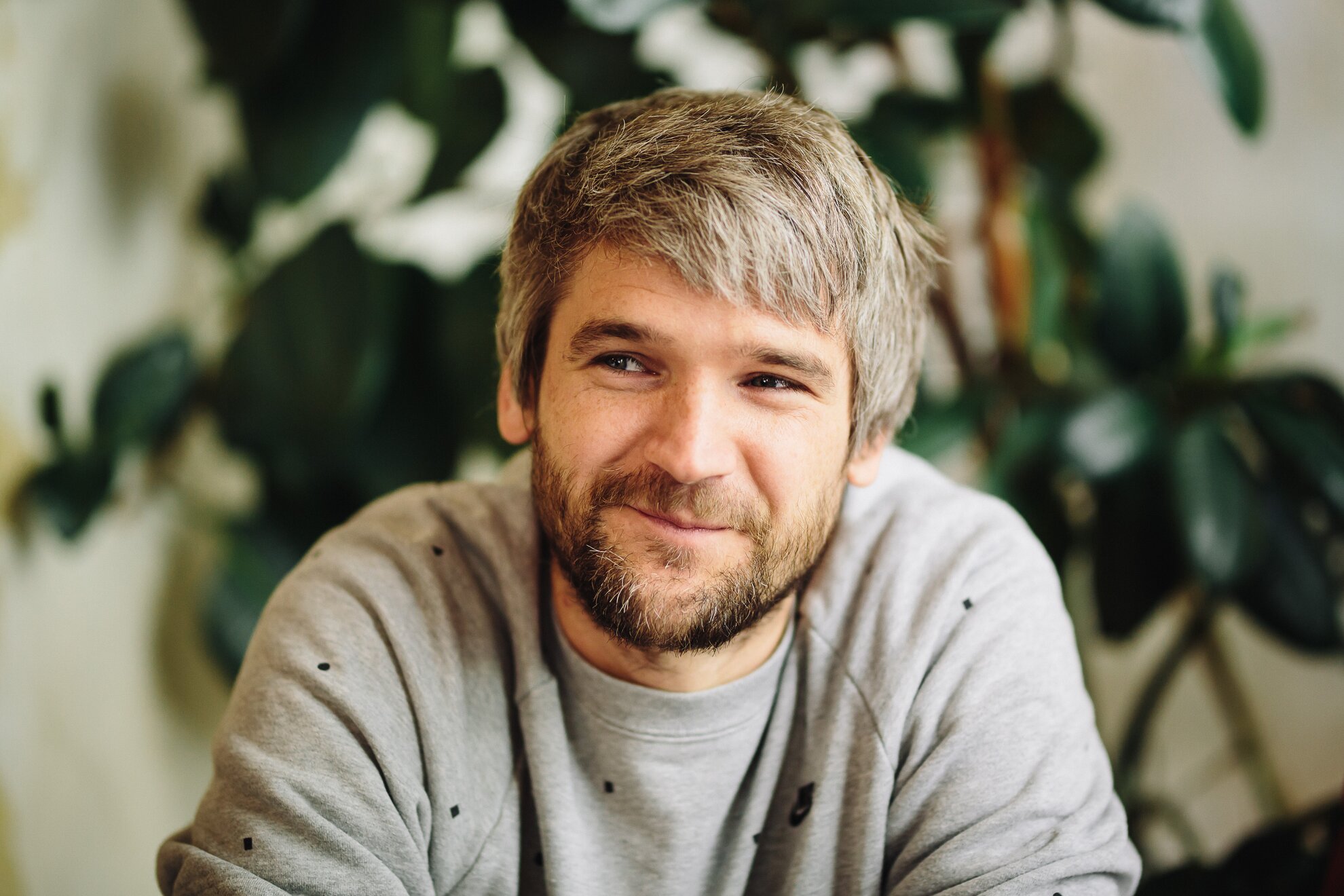
Gábor Manek Csete: The initial idea really was to have a party.
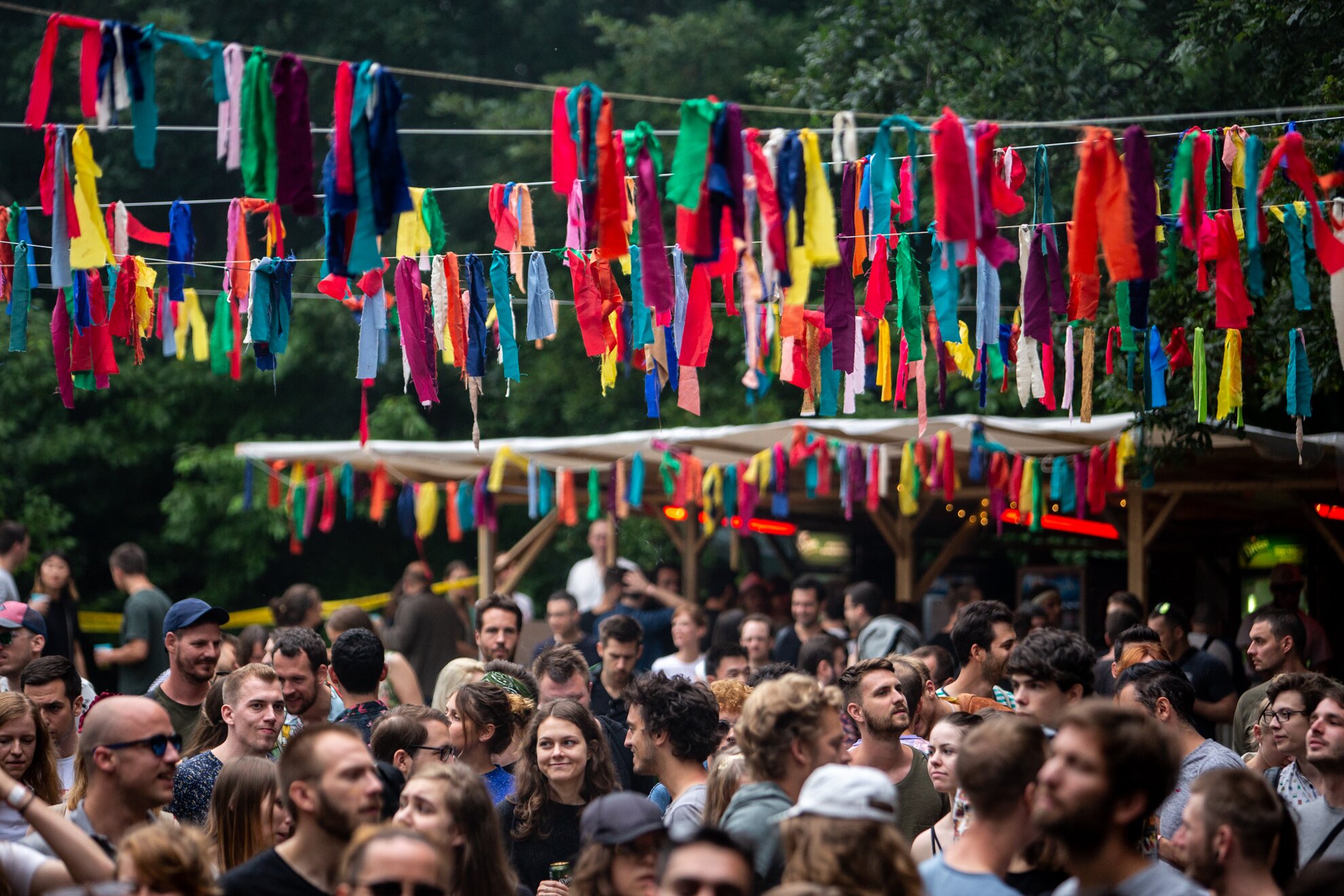
JB: Let's have a party in the woods that goes on for more than a day, with more things going on than just around the one stage. That was the minimum requirement for it to be called a festival. In our eyes, it was a kind of friendly house party with a few more people and some level of organised music and hospitality. And when we did start to get organised, we had to face certain demands that became necessary after the first event was over. I know from the sponsorship material we gathered that the first event reached one million people without any announcements. This is certainly due to the fact that Facebook was even more organic at that time, but also because so many people loved the concept.

From that point on, we thought that we should meet this demand, both in terms of music and infrastructure. Let's develop alongside the task of creating a great festival in the forest.
GMC: That's how we got to set up the festival, but from then on, after it was up and running, we began to face real issues, such as how Kolorádó should be comprised. There simply weren’t any other outdoor events for electronic music. At the time, I was occupied with LÄRM and TOLDI, so I had already organised all kinds of parties, and my partner of the time, Vera Vida (now a member of the Mindspace project – Ed.) was more aware of live music. We both wished there was a festival where the punk who went to LÄRM and the techno head who went to Gólya, an underground spot in District VIII, could have fun at the same place – something that the new generation might need, let’s say.

Alongside, it was in our heads that youngsters who had grown up in Pest no longer went to scout camps and should leave the city behind for a bit and see what nature looks like, to recharge and be together. These things were already going around in our heads, and the festival only served to galvanise them. But there were no concrete festival concepts in mind.

WLB: Why do you think that last year saw a wave of nostalgia abroad for outdoor raves while here outdoor electronic music events are a fairly recent phenomenon?
JB: For sure, such events aren’t easy to organise, and they’re also quite dear. Of course, there are friendly private events, which can develop by themselves – while they’re not expensive they can also be pain to arrange. There was probably no one into doing something like this.
GMC: But you can start from simple economic aspects: travel costs money, not an abundant commodity here in Hungary, plus there are lots of rules for organising events. It’s not like in Ukraine, where you put a loudspeaker in the middle of nowhere, techno is booming out of it, and suddenly 5,000 people are getting up to god knows what. Here you have to comply with the national Health & Safety regulations, while ticket sales hardly compensate the organisers for all the preparation. This is why it’s hard to keep these kinds of events going.

WLB: If you look back at the history of Colorado so far, what do you think have been the most significant changes?
JB: Maybe the daytime agenda – if somebody is sleeping outdoors, they can find great things to do the whole time, so it's really worth seeing Kolorádó more as a festival than a party. Our goal from the very beginning, something we’re getting closer and closer to achieving, is that the line-up should be really colourful. This year there are seven event locations as opposed to the two and a half we had at the start. We’re trying to create a kind of enchanted forest where you always find something exciting to do wherever you might wander.

WLB: Who would you highlight from this year's line-up?
GMC: We struggled for six months to attract performers of a certain category to such a small festival with this kind of budget. (He laughs.) Obviously, it's a great thing to get Kurt Vile, but personally Yves Tumor is the one I would pick. Or maybe something else might yet come together, but I wouldn't talk about it yet…
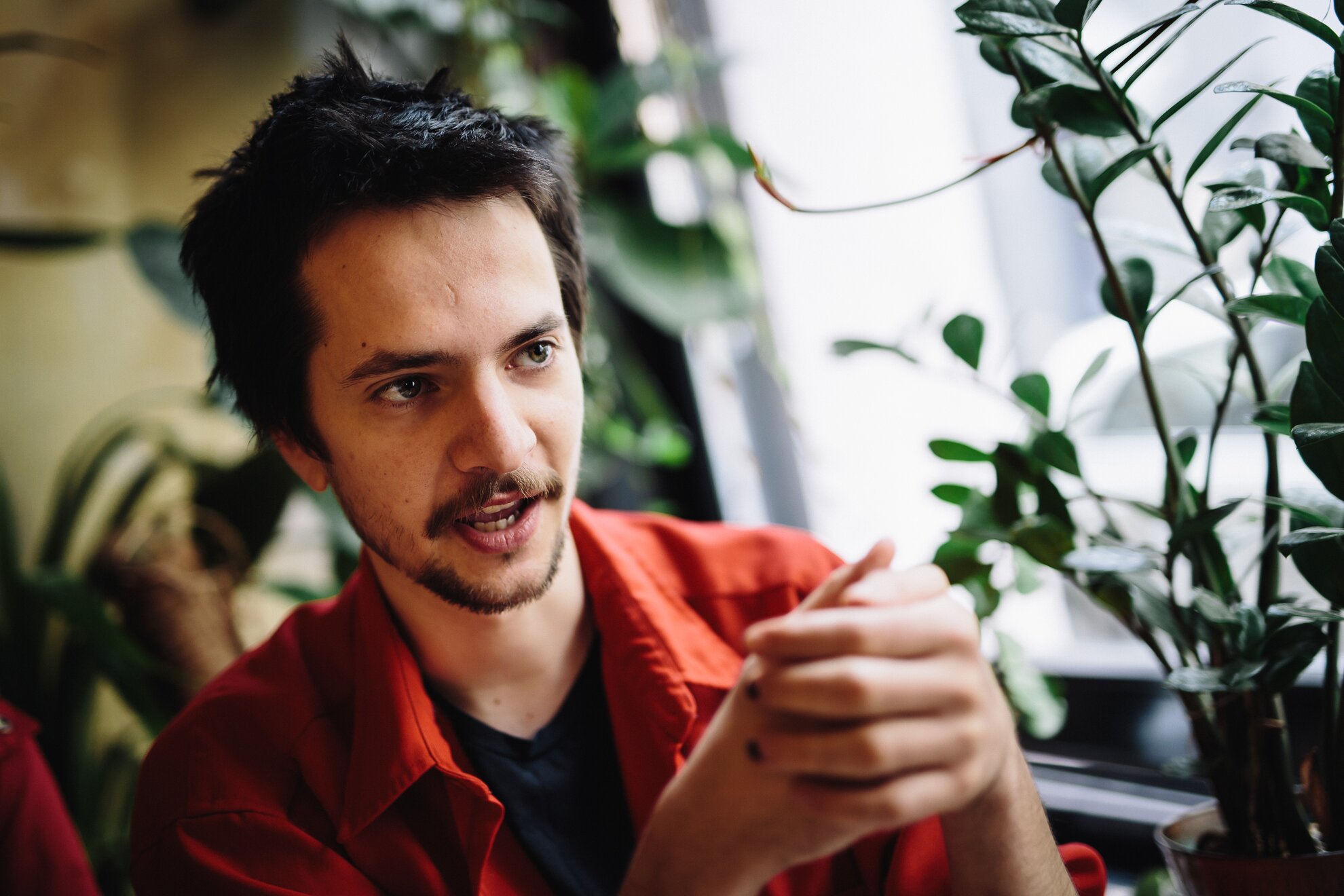
András Kocsis: Of the foreign acts, I’m really pleased with Flenster, they’re a cute band from Berlin. A friend who lives there introduced them to me, that’s how they came into the picture. I also look forward to Sex Riders, because I really like them and I think it’s good to see them in a specific environment, namely a forest. I would also mention The Moog and Baby Aziz. The Moog I saw loads of times when I was 14 and started listening to Hungarian music because of them. For a long time, I couldn’t work out whether it was iffy to have them perform at Kolorádó or vice versa. Then we got loads of feedback that it was great they were playing. Baby Aziz won’t be there in person but he put together a great Youtube/Soundcloud rap line-up with Figura, Lil Holt and GLXY, I don’t think the festival has had anything like it before.
GMC: I’m proud of our techno line-up, with more and more Hungarians involved – standards have really improved. We have finally reached the point where we can to provide proper locations for educational events and workshops. We’re building a school together with MOME University of Art & Design, where there will be a theatre. At night it will be a kind of chill-out zone. I think education’s pretty important these days.

JB: Yes, it’s not part of the line-up per se, but we’ve finally managed to create one or two permanent buildings together with the scouts. We’re trying to get rid of the standard events tents, and instead we are thinking of more organic stages with longer lifetimes, and we’re now a step closer. For example, the school will be heated in winter and used all year round. Last year we created a round table, also with MOME. So we want to develop the whole park together – we plan to have at least eight more festivals at this location.

WLB: From the very beginning, the festival slogan was the Pest Festival in Buda hills. What does this mean?
AK: There is an extra dimension to this in that, from the very beginning, there have been more Pest eateries and/or bars represented at the festival, and this spirit has survived. This year, Gólya, Lumen and Trafó have come in. So the bands and DJs who are active in Pest can come out to the forest. That element is still there, but I think we’ve gone beyond that stage and there were far more foreign visitors last year. While for a long time you might have had the feeling that the downtown Madách tér crowd have relocated to Buda, the audience is much more colourful now.
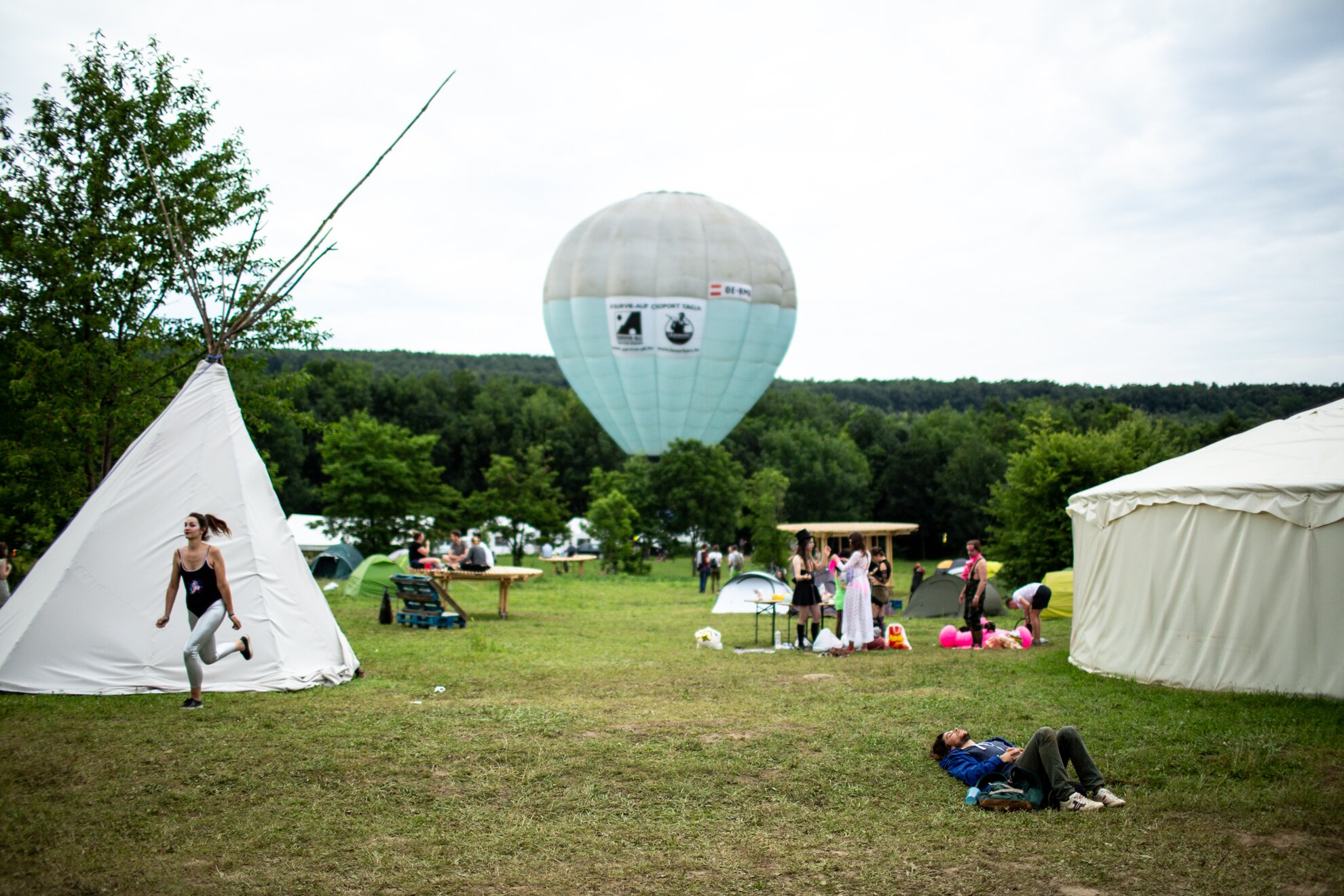
JB: We don’t really use that slogan any more, it sounded a bit exclusive anyway. We are constantly striving to expand our audience along with our core values. There are certainly loads of people that Kolorádó would like to appeal to who haven’t heard of it yet – we’re working on that while trying to avoid being watered down. Or maybe we should say ‘exclusive’. (He laughs.)
GMC: There’s been quite a lot of feedback that, yes, the line-up is good, but this is just the same old TOLDI hipsters, the downtown Pest crowd dancing in the woods. And this put people off, they couldn’t tolerate the posers – actually, nor can we. So last year we tried to get rid of that aspect.

WLB: Which of Budapest’s scenes and initiatives do you feel are the most exciting?
AK: For me, the PÉNZ guys, so I’m particularly pleased that Gólya will be at Kolorádó this year, and it looks like they’ll appear as well. And I really like the EXILES label, it’s no coincidence that we’re giving them their own night for the second time.
GMC: I think, as we were talking about last year, illegal raves such as iLL Panorama should be mentioned. Of course, they’re not that great any more but initially they brought a wonderful crowd and they were organised in a completely different spirit than they are today. I really like Trafó’s Electrify series, I am glad that Bálint Szabó has started to organise loads of concerts, that’s probably one of the best things that’s happened recently. I would also say EXILES because they’re amazing.

WLB: Plans, dreams, nightmares?
GMC: There’s the District VIII project, which is ready, we’re just waiting for the permits. But there are other ideas besides – for example, we are developing something new at the DOBRUMBA restaurant and we want to have a hot kitchen at Központ.
Kolorádó Festival 19-22 June Tickets here
